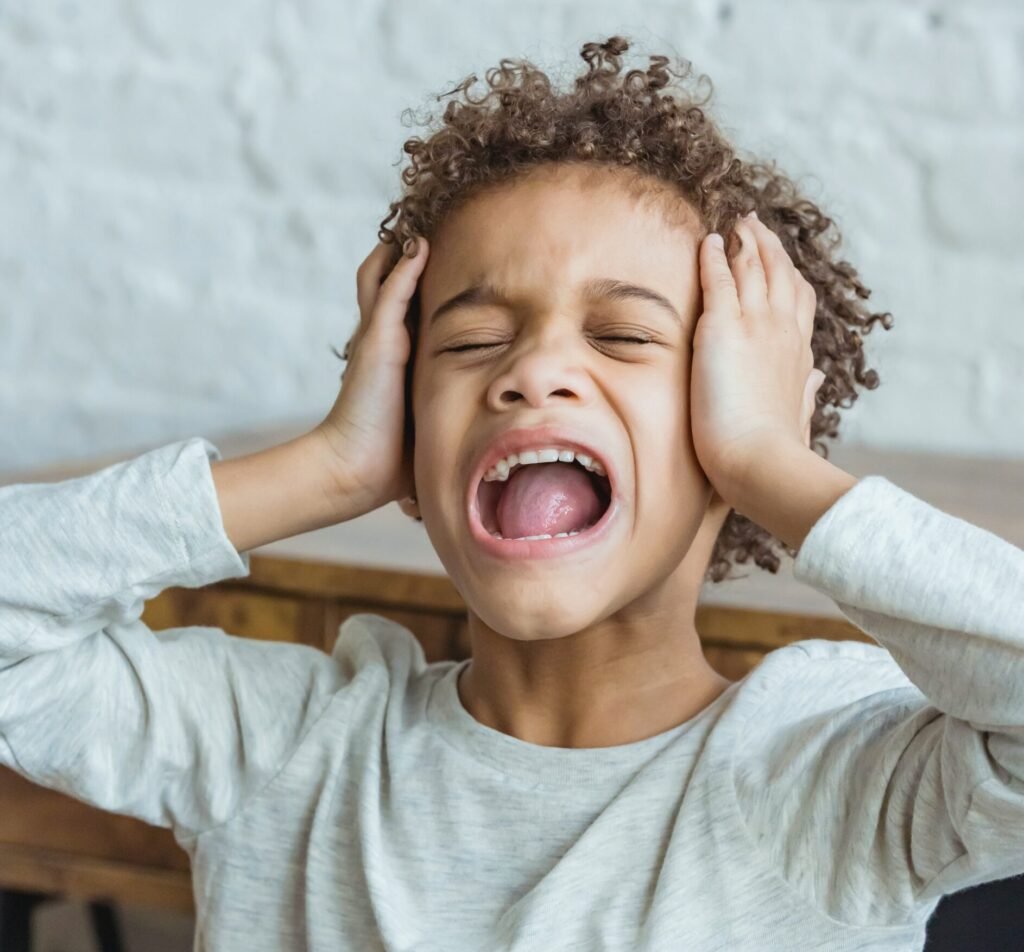Research has shown that anxiety and emotional dysregulation can be signs of sensory processing difficulties. Children that are sensitive to sensory input can struggle with loud noises, bright lights, strong smells/tastes, tags on clothes, distress with messy/dirty hands or face, distress with bathing, brushing teeth, and brushing hair.
Sensory overload can cause a lot of distress in completing daily routines (bathing, brushing teeth, meal times, etc.). This can increase not only stress for your child, but overall caregiver burnout.
Learning appropriate sensory regulation tools can help your child develop mastery over their emotional regulation and overall nervous system regulation.
Children are still learning the ability to regulate their emotions as well as voice their likes and dislikes. Children do not have the physiological anatomy and psychological skill set available to actively cope during non-preferred activities or sensory inputs.
Since children do not have the abstract skills to actively regulate emotionally, they require external tools as well as co-regulation from their caregivers in order to regulate their emotions.

